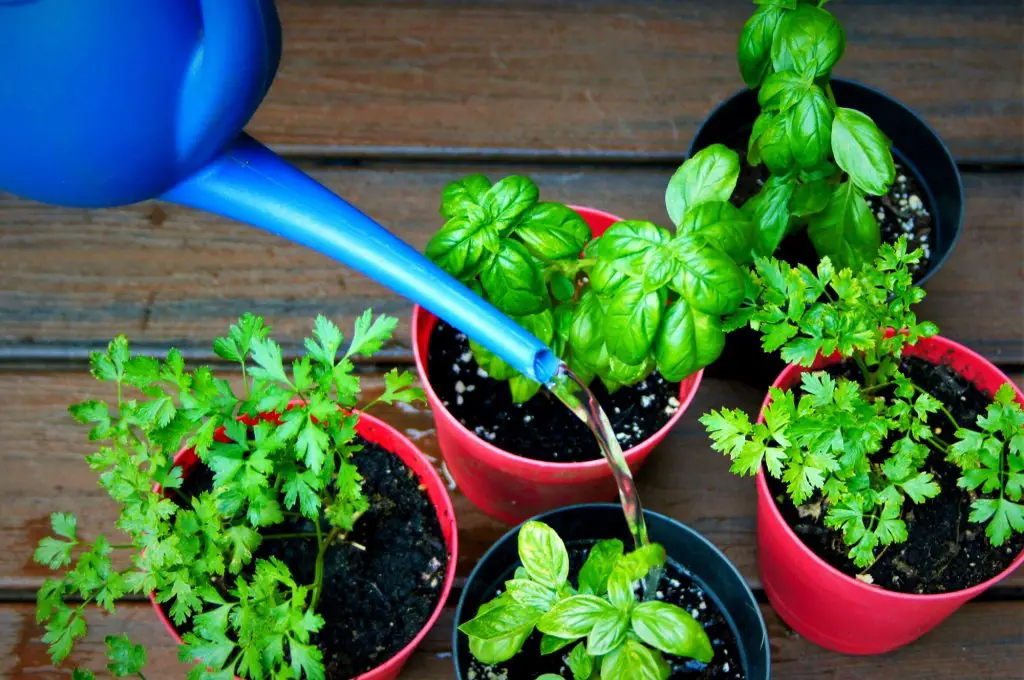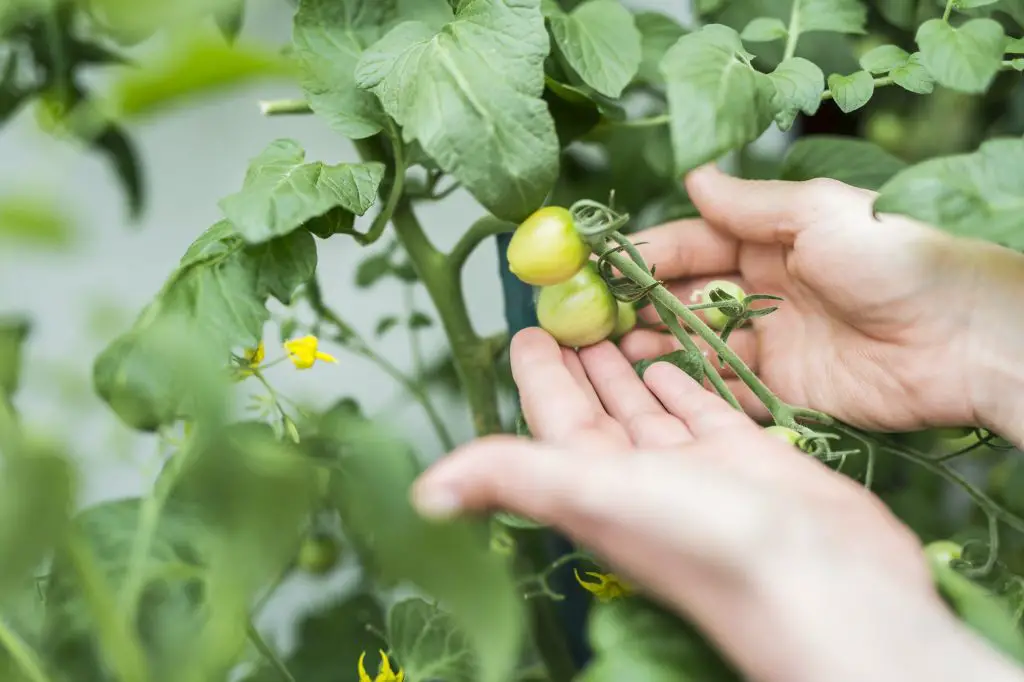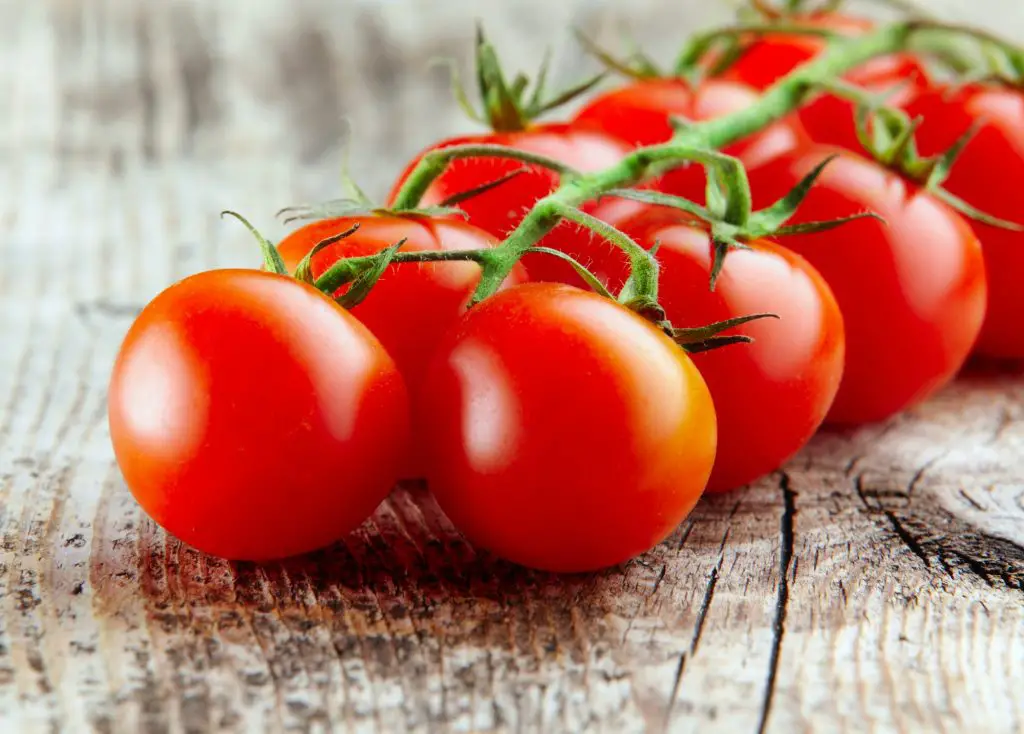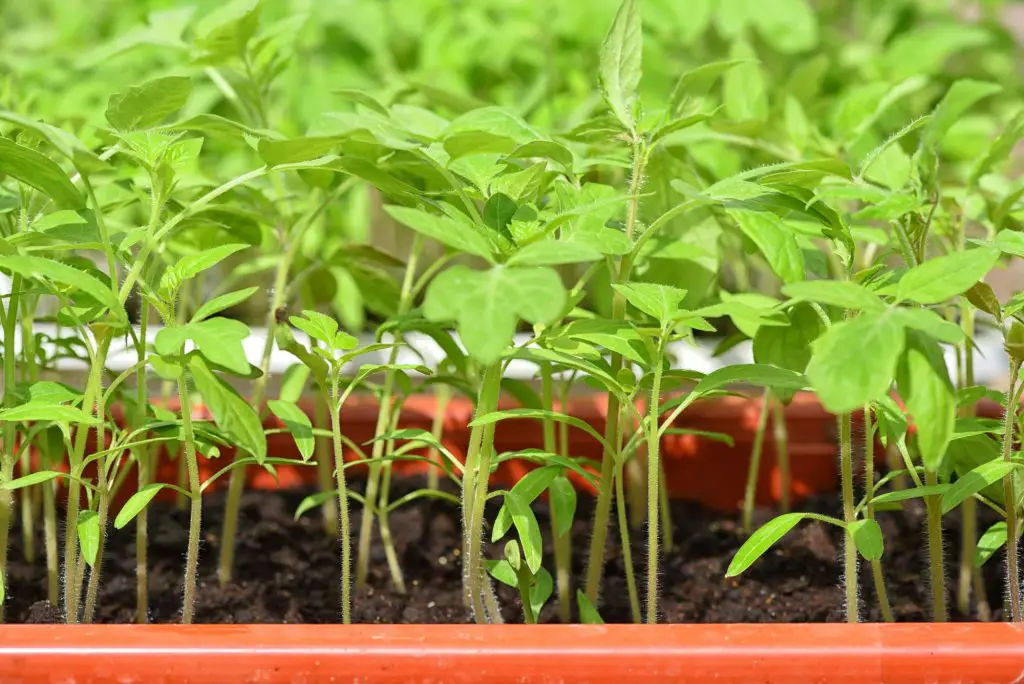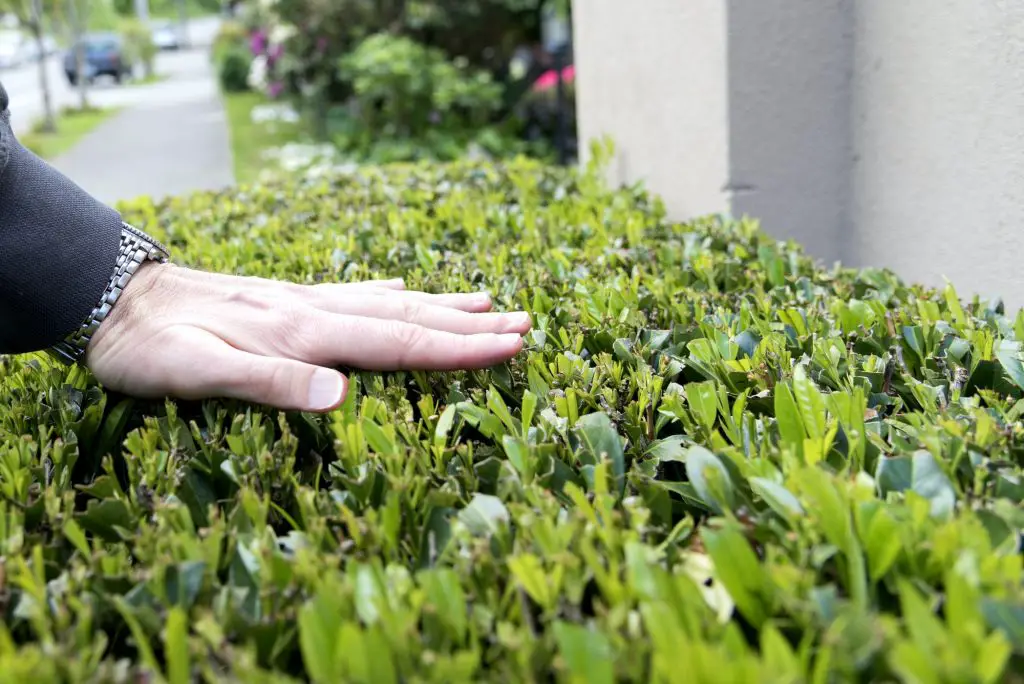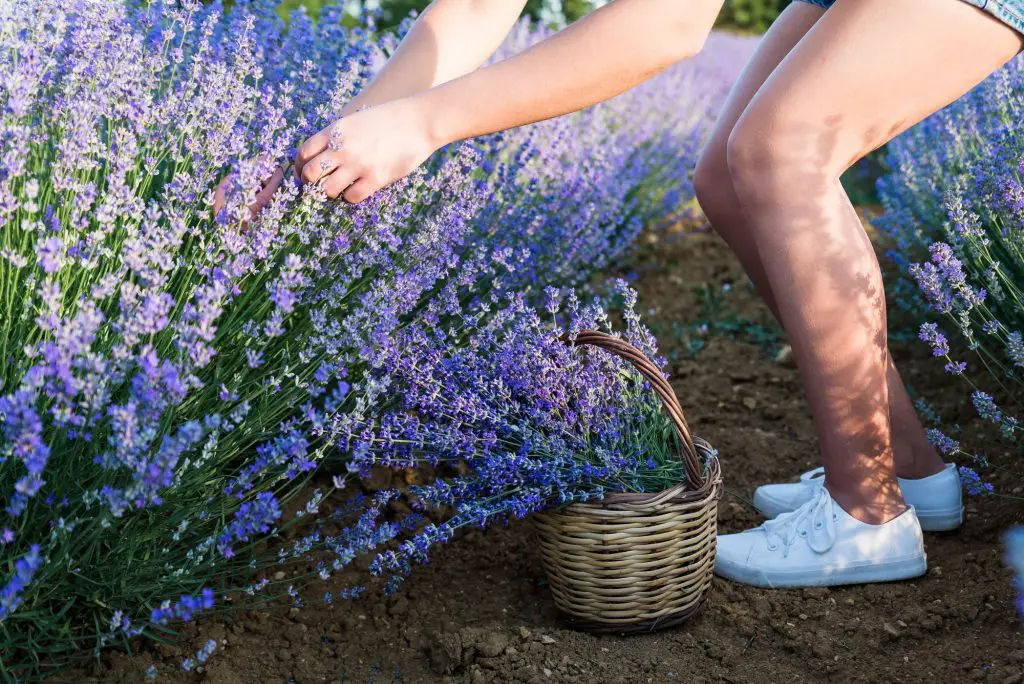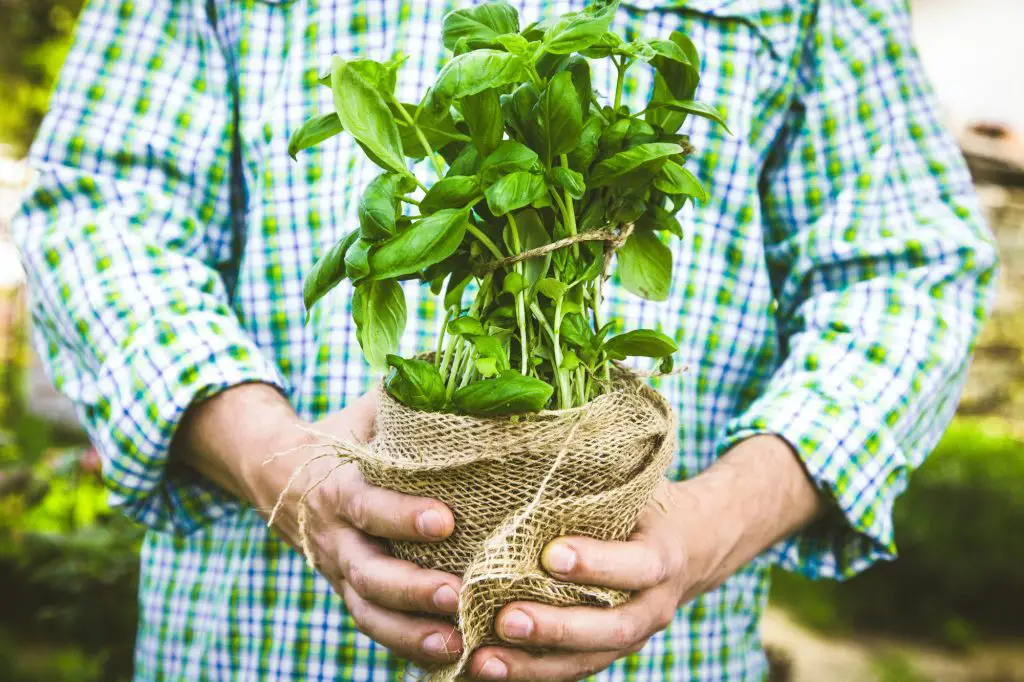Do herbs need a lot of water? A botanist refers to an herb as an herbaceous plant, this according to Wikipedia means “plants that are vascular and have no persistent woody stem above the ground”. These types of plants are annual plants and die off after a year.
This definition of what an herb is is not true, and this is because an herb has other characteristics than being just a non-woody stem plant, also most herbs are not annual plants.
What then is an herb? An herb is a seed-bearing plant that possesses fragrant effects, they are typically used for culinary purposes, medicinal purposes, and spiritual uses too. As said earlier, most herbs are perennial plants; perennial plants are plants that live for more than two years, this means that you don’t have to plant your herb seed often, or yearly.
While some are annual plants. You have to grow them from seed yearly. Almost every part of an herb is useful i.e, the leaves, stem, seed, etc. They can be used dried or fresh. Drying them is a way of preserving, you only have to blend them to smooth, then keep them in a container with a lid. They are still as effective as used fresh.
Table of Contents
The Three Main Classification Of Herbs
Before you begin herb gardening, you must know the types of plants you’ll be planting and their uses. Not all plants are for the three main purposes; while some herbs can function in the three ways, one cannot. While some herbs have some nutrients, some do not. Also, not all herbs can be planted throughout the year or season. Knowing this classification will also inform you on how to care for each herb.
- Usage: this is classifying herbs according to what it is used for. The major uses of herbs are culinary, medicinal, and spiritual. Herbs are hereby classified according to these three.
- Active constituents: If you are classifying your herbs according to their active constituents, this means classifying them according to the nutrients and properties they possess. Aromatic, Astringent, Nutritive. Etc.
- Period of life: This is the final classification, and it is done according to how long they can be planted i.e Annual, perennial.
Like most plant gardens, raising a home for herbs may pose a serious issue for you if you do not understand some basic care routine, an example of this care routine is the water routine. For all plants, water is very important, however, when does it become too much for your herb? What is the right amount of water that your herb garden requires? What happens when the water is less or more than the standard?
Do herbs need a lot of water?
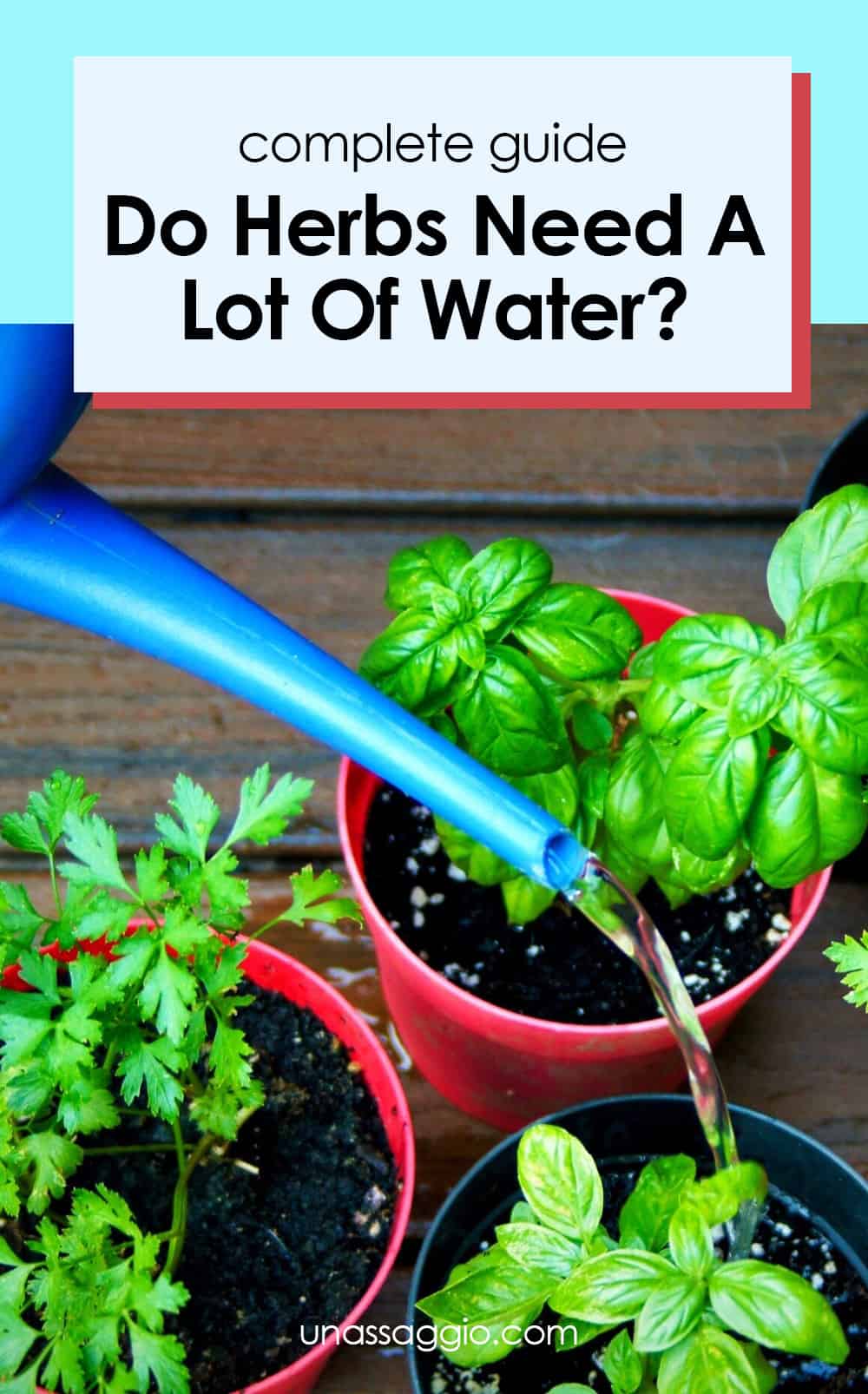
Like every other plant, watering your herbs is a very important part of caring for it and should be done regularly. However, due to the diversities of herbs, their care will differ from one another. Although generally, most herbs require water when the soil feels dry, some herbs require water more than others and some less. For example, Basil requires regular moist soil while Lavender and sage grow best in dry soil.
Most gardeners, out of the goodwill of wanting their plant to grow well, make the common mistake of watering the herb too much, this is usually too much for the herb and then leads to its death. Generally, you can water your herbs once a week. However, it is vital to know your herb type before deciding on when to water.
If your herb is in a pot or a container, you may need to water your herb more often than in a garden. This is because containers try out faster than a garden, especially if your herb is outside and exposed to the sun. If you water your garden herbs once a week, you may need to water your pot herbs two-three times a week.
How to know when your herb is over watered or under watered
- The color begins to change. When you see your herbs turning from their natural color to yellow, it’s an indication that your herb is overwatered, it will also fall. Sometimes, another indication is that it becomes black or dark. Your herb needs utmost attention when you begin to notice these.
- Slow and stunted growth. You may notice that your herb isn’t growing or bringing out flowers or it’s slower than usual, your herb is slowing an indication of underwatering.
- When you begin to notice Mold, bacteria, and others begin to grow on your plants, it is a sign that your herb is overwatered.
- If you notice pests on your herbs. It can be an indicator that your plant is either over watered or under watered. Some pests like fungus gnat love moist places while spiders and many more are usually seen on plants whose soil is dry.
- If your herb’s root and stem may become very soft or fragile, then it may be suffering from overwatering.
Bottom line
Herbs are beautiful plants to have in your garden or environment, however, it is important that you have enough information on the dos and don’t of raising herbs.
This will save you time, stress, and make your work easier. Understanding the different types of herbs too, before planting will make your work a lot easier, it is best if you grow herbs of the same care routine, together, this will save you time and can help make your work easy.

